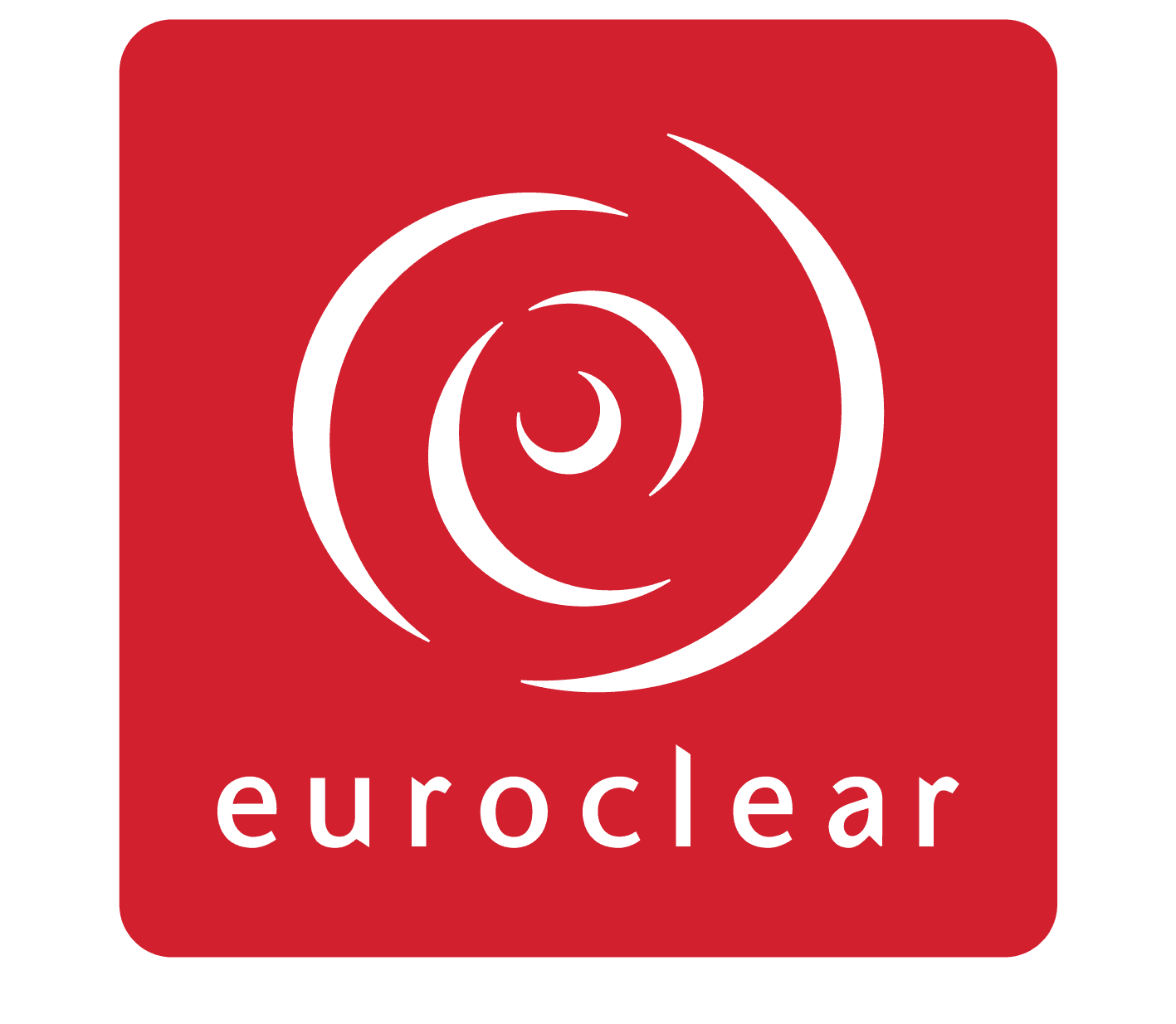MFEXbyEuroclear becomes Euroclear FundsPlace®
MFEXbyEuroclear has been renamed Euroclear FundsPlace® as part of our integration into the Euroclear group.
Euroclear FundsPlace® continues to offer you a single point of access to tap into a full, end-to-end solution for your Funds business across asset classes including Private Market Funds.
You can now benefit from a unique selling proposition, combining the flexibility and technology with the security and reliability of a top market infrastructure, Euroclear.
Please click here to visit us at our new home.
